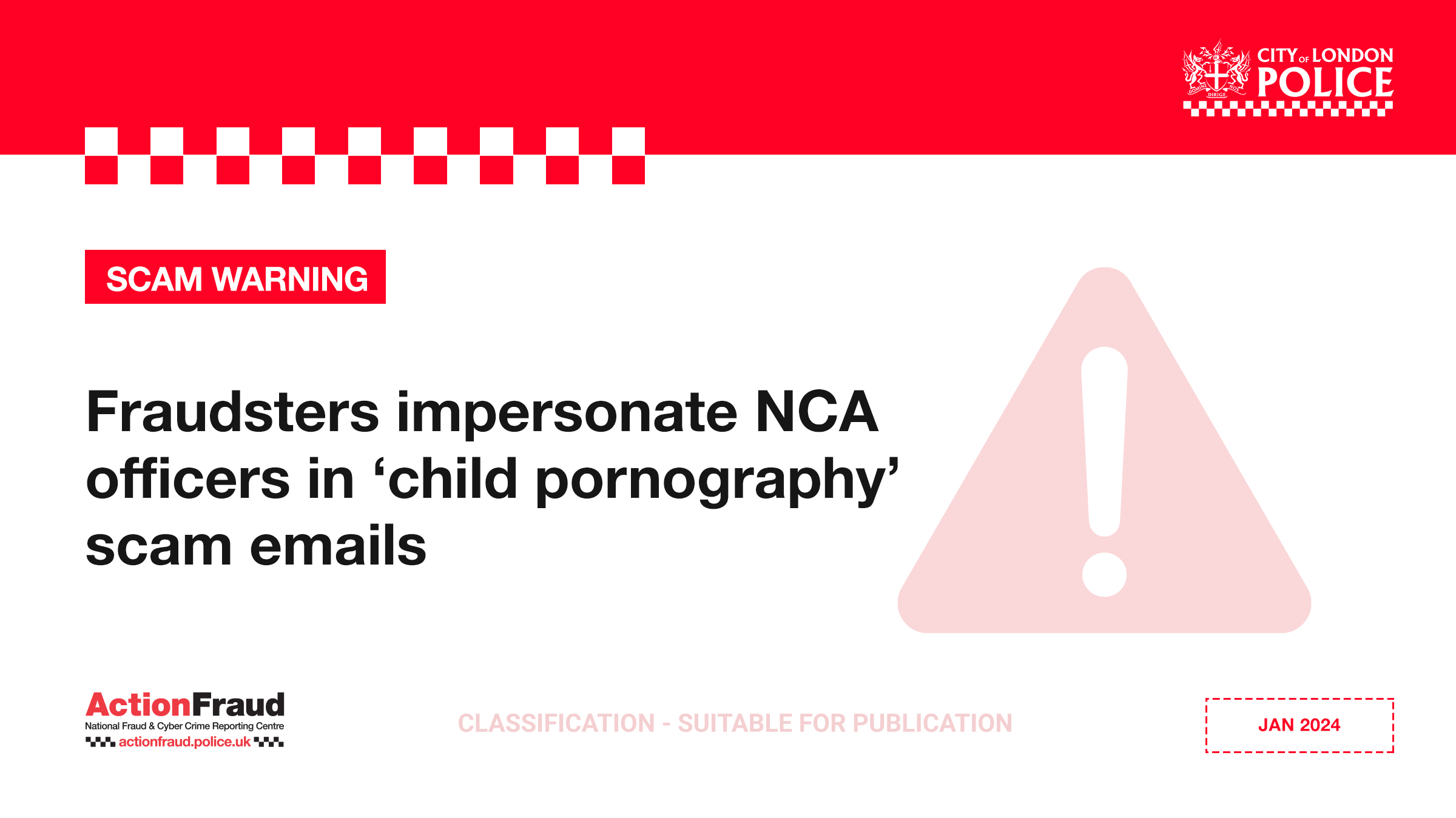NatWest customers are being targeted by fake "phishing" emails promising them access to their accounts if they reveal their personal information.

The latest opportunistic scam is cleverly designed to play on the anxiety of NatWest customers locked out of their accounts.
In one of the phishing emails, purporting to be from Stephen Hester, the head of RBS, apologises the problems at RBS and says a "security upgrade" requires them to update their information.
But if customers follow the web link in the email, they are taken to an "incredibly realistic" replica of the NatWest website.
If they do enter their account details on the fake site, the fraudsters will be able to log in to their account and steal all their money. There is also a risk that your identity could be compromised.
Alan Woodward, a professor of computing at Surrey university, said: "This shows how on-the-ball these opportunistic criminals are. Imagine not being able to access your bank account and then getting one of these.
"I specialise in security but I could see myself thinking, 'oh, it's from NatWest' and then clicking on the link, which takes you to an incredibly realistic website. Given the number of NatWest customers and the volume of emails that the scammers send, some people are going to fall for it, especially if they are desperate."
What should you do if you’ve received a NatWest phishing email?
- Do not click on any links in the scam email.
- Do not reply to the email or contact the senders in any way.
- If you have clicked on a link in the email, do not supply any information on the website that may open.
- Do not open any attachments that arrive with the email.
Read more about phishing on NatWest’s website.
Please note: Action Fraud is not responsible for the content on external websites.
To report a fraud, call Action Fraud on 0300 123 2040 or use our online fraud reporting tool.



